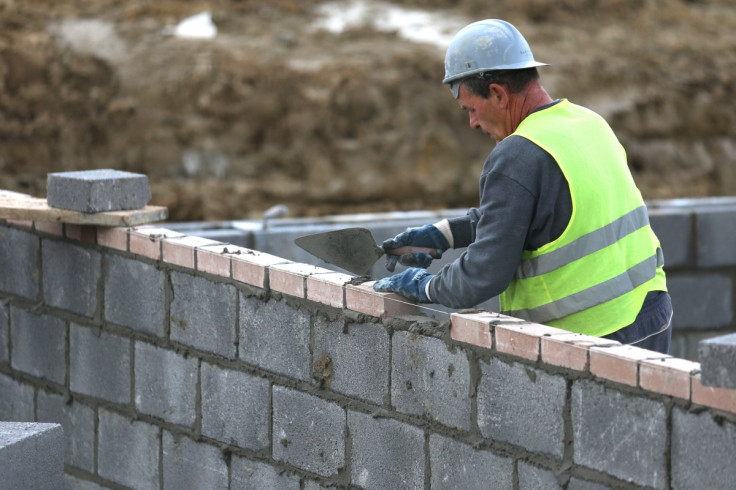Caroline Pidgeon: We can only fix the housing crisis by tackling the UK builder shortage

The shortage of affordable housing in London is without question one of the most pressing issues facing the city, with over 500,000 people currently languishing on housing waiting lists. For decades London has failed to build enough new homes, driving up rents and putting property prices well beyond the reach of most ordinary Londoners.
Everyone now agrees that this must change if London is to retain its competitive edge on the international stage.
Building more homes – and more affordable homes – is the only way to create the step-change in supply needed to improve affordability in the capital for the long term.
For me, the case for investing in social housing is particularly compelling, since these homes are allocated to those in the greatest housing need, often living in poor conditions which in themselves increase the demand on health, education and other services.
I'm also convinced that increasing the supply of social housing would generate significant savings to the public purse through alleviating the social costs associated with poor housing. As the London Assembly found when they looked into the issue, just one new 6-bedroom home in London can help take more than 36 Londoners out of overcrowded conditions, as other families are moved into larger vacant homes further down the chain of properties.
That's why I've pledged to build 50,000 new council homes over the next four years – doubling the number of affordable homes built each year in London.
Of course, the challenge I face in making this commitment is how to fund this proposal?
In the long-term the solution, as recommended by the London Housing Commission, may be for taxes such as stamp duty land tax to be devolved to London government, allowing it to shift more of its resources into housing capital investment over time.
In the short-term, however, I have proposed that the long-term revenue stream needed to finance a large-scale £2 billion programme of home-building in London could be found by converting the existing £20-a-year contribution Londoners make towards the cost of hosting the 2012 Olympic and Paralympic Games (known as the 'Olympic precept') into a new housing fund – in effect creating a new 'housing precept'.
At the same I've pledged to create a new London housing and property company, wholly owned by the GLA, to kick-start this programme, giving London Government the means, once again, to directly commission London's affordable homes – something again the Commission calls for!
I recognise though that in order to support the delivery of affordable homes on this scale, the next mayor would need to address the current shortage of construction skills across the capital. For this reason I have put forward proposals for a new Construction Academy, providing training in the key skills required to build the homes and infrastructure London so desperately needs.
From bricklaying and plumbing, to crane driving and surveying, this new state-of-the-art facility would address the current shortage of construction skills across the capital, offering every student the chance to gain a nationally recognised qualification while at the same time widening the skills base across the construction sector.
It has always seemed odd to me that capital investment in affordable housing – a resource for which we know there is long-term need – continues to be allocated by government on a short-term basis (typically every three to four years).
As a result we continue to see wide variations in the number of new affordable homes built from one year to the next, with delivery typically back-loaded towards the end of investment cycles. Just look at the current investment cycle.
In 2014‑15 there were just over 18,500 affordable housing completions in London – the highest number since DCLG reporting started in the early 1990s (though still below the 26,000 new affordable homes required each year to meet London's housing need).
However, in 2015-16, the GLA forecasts there will be only around 5,000 affordable housing completions – the lowest amount since DCLG reporting began.
It's staggering to think that over the course of the most recent housing investment period (2011/12 to 2014/15) the GLA received around £2 billion of capital funding for new affordable housing, while the government spent more than £24 billion subsidising rents in London in the form of housing benefit.
By any measure, that represents poor value for money, with an increasing amount being used to house low-income households in the private rented sector where rents are far higher.
This stop-start funding cycle does no one any favours. London needs to start building the homes now. We can't afford to wait any longer.
Caroline Pidgeon is Liberal Democrat candidate for London mayor
© Copyright IBTimes 2025. All rights reserved.






















